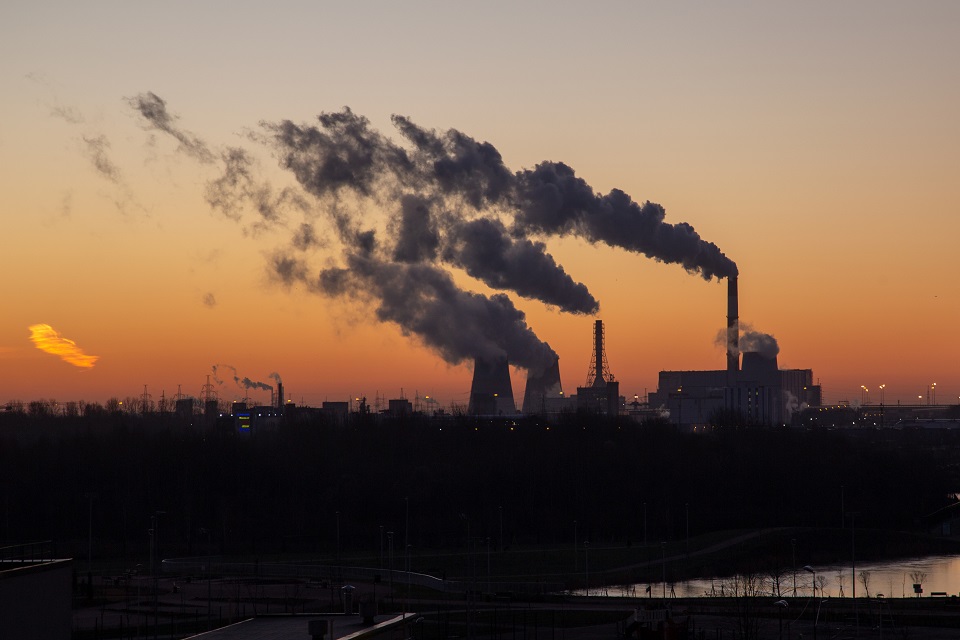Pollution has become a common phrase in the modern world. However, the immediate conveniences and financial gains that come from unsustainable practices frequently mask the true costs of pollution, which continue to be high. This blog post addresses the environmental, health, and economic effects of pollution as well as the urgent need for practical solutions in order to reveal the true cost of pollution to our planet.
Environmental Costs of Pollution
The environment is severely impacted by pollution in all of its forms. The environmental costs of pollution are significant and far-reaching, ranging from toxic waste leaking into our waters to carbon emissions warming our atmosphere.
Water pollution, resulting from industrial waste, agricultural runoff, and improper waste disposal, leads to a decrease in water quality, affecting both human health and aquatic life. In marine environments, pollution, especially plastic waste, threatens a myriad of species, from tiny plankton to massive whales.
Air pollution, primarily resulting from fossil fuel combustion, contributes significantly to climate change, an existential crisis of our time. Additionally, it causes phenomena like acid rain, which can damage forests, soil, and aquatic life.
Soil pollution, mainly from industrial activities and improper waste disposal, can disrupt ecosystems, decrease soil fertility, and contaminate our food supply.
Health Costs of Pollution
According to the World Health Organization, environmental pollution is thought to be the cause of about 25% of all fatalities worldwide. This startling statistic emphasizes how seriously pollution affects human health.
Asthma, lung cancer, stroke, and heart disease are among the illnesses that air pollution is a leading cause of. Particularly fine particulate matter can seriously harm our respiratory and circulatory systems by penetrating deep within them.
When contaminated water is consumed, it can cause dangerous diseases like cholera, dysentery, and typhoid. Additionally, over time, chemicals in contaminated water can build up in our bodies and cause chronic health problems.
Hazardous substances could enter our food chain as a result of soil pollution. Consuming contaminated food can result in a variety of health problems, including short-term illnesses like cancer and
Economic Costs of Pollution
Pollution has significant financial costs in addition to negative effects on the environment and human health. This covers both direct costs like medical bills and lost productivity brought on by illnesses linked to pollution, as well as indirect costs like lower agricultural yields brought on by soil pollution or climate change.
Significant economic challenges are presented by climate change, which is largely caused by pollution. These include the need for sizable investments to make the transition to a low-carbon economy as well as increased healthcare and infrastructure costs as a result of extreme weather events.
As those with lower incomes are frequently disproportionately exposed to pollution and are less able to afford the costs associated with its impacts, the economic costs of pollution can also exacerbate social inequalities.
Towards a Solution
The hidden costs of pollution must be addressed in a multifaceted manner. This entails bolstering and upholding environmental laws, making investments in eco-friendly technologies, and encouraging sustainable practices in business, government, and daily life. Driving changes in behavior and policy requires a strong emphasis on education and awareness.
Conclusion: Unmasking the True Cost of Pollution
The hidden costs of pollution serve as a sobering reminder that our actions have far-reaching effects. Pollution has significant negative effects on the environment, human health, and the economy, from the air we breathe to the water we drink and the soil that supports our food.
Taking action to reduce pollution is important for social justice, economic stability, and public health as well as the environment. Let the revelation of the true costs of pollution motivate us to look for solutions, make sustainable decisions, and promote laws that safeguard our planet and all of its inhabitants. Because by doing so, we not only ensure the environment’s preservation but also the health, prosperity, and well-being of both current and future generations.


Leave feedback about this